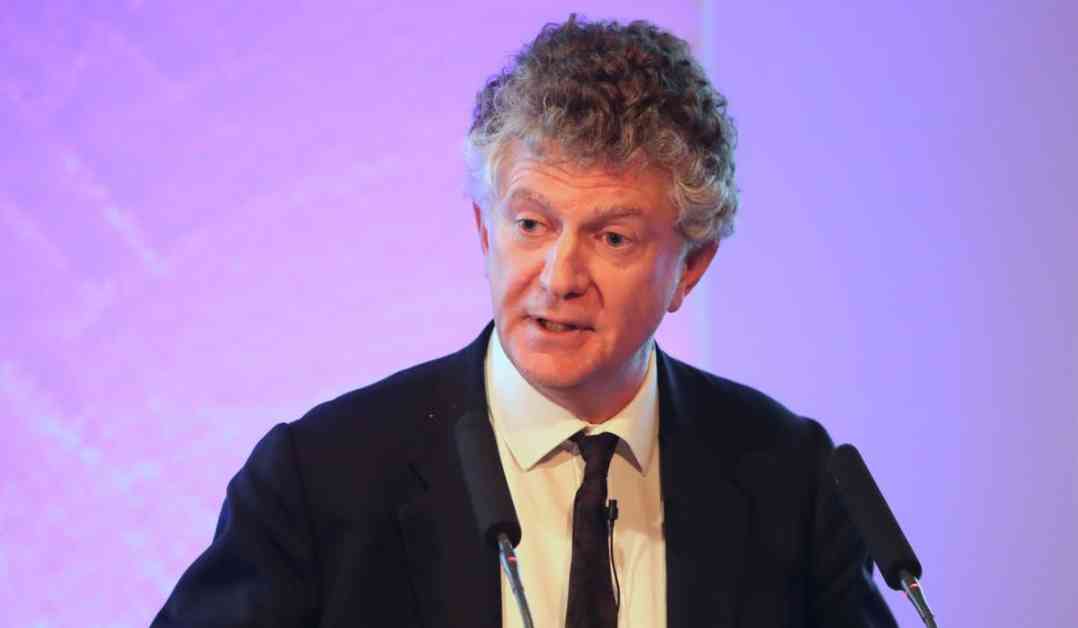Sir Keir Starmer, the current national security adviser, has chosen Jonathan Powell for the role after a change in leadership. Powell, who previously served as Tony Blair’s chief of staff, brings a wealth of experience to the position.
In a recent article from October 2023, Powell suggested a more relaxed approach to engaging with non-state armed groups, which some may classify as terrorist organizations. He highlighted the UK’s ability to mediate conflicts and bring warring factions together without the need for extensive diplomatic clearances.
This proposal has raised some concerns, especially regarding Powell’s past comments on the significance of British overseas territories. The Conservative Party has criticized his appointment, expressing disappointment that Rishi Sunak’s initial choice was not selected for the position.
Despite the backlash, Sir Keir defended his decision, emphasizing Powell’s extensive diplomatic background and dedication to serving the country’s interests. He believes that Powell’s unique qualifications make him the ideal candidate for the role.
It is essential to consider the potential implications of adopting a more relaxed approach to engaging with militant groups, as it could impact national security strategies and international relations. Powell’s unconventional perspective may bring a fresh outlook to the position, but it also raises questions about the government’s stance on terrorism and conflict resolution.
As the national security adviser, Powell will play a crucial role in shaping the UK’s diplomatic efforts in global security matters. His experience in resolving conflicts, such as in Northern Ireland and Libya, makes him a valuable asset in addressing complex international issues.
Overall, Powell’s appointment represents a shift in the government’s approach to national security and diplomacy. His vision for engaging with non-state armed groups reflects a willingness to explore alternative strategies in conflict resolution. Only time will tell how his recommendations will influence UK’s foreign policy decisions and security initiatives moving forward.












